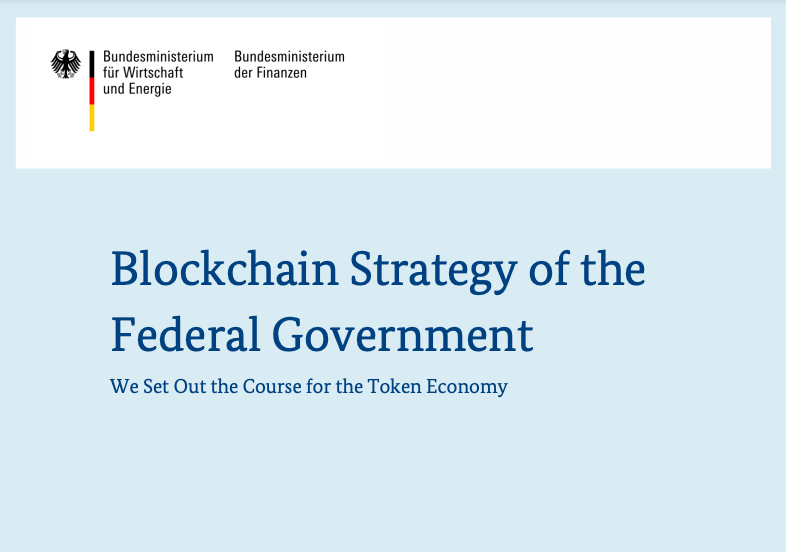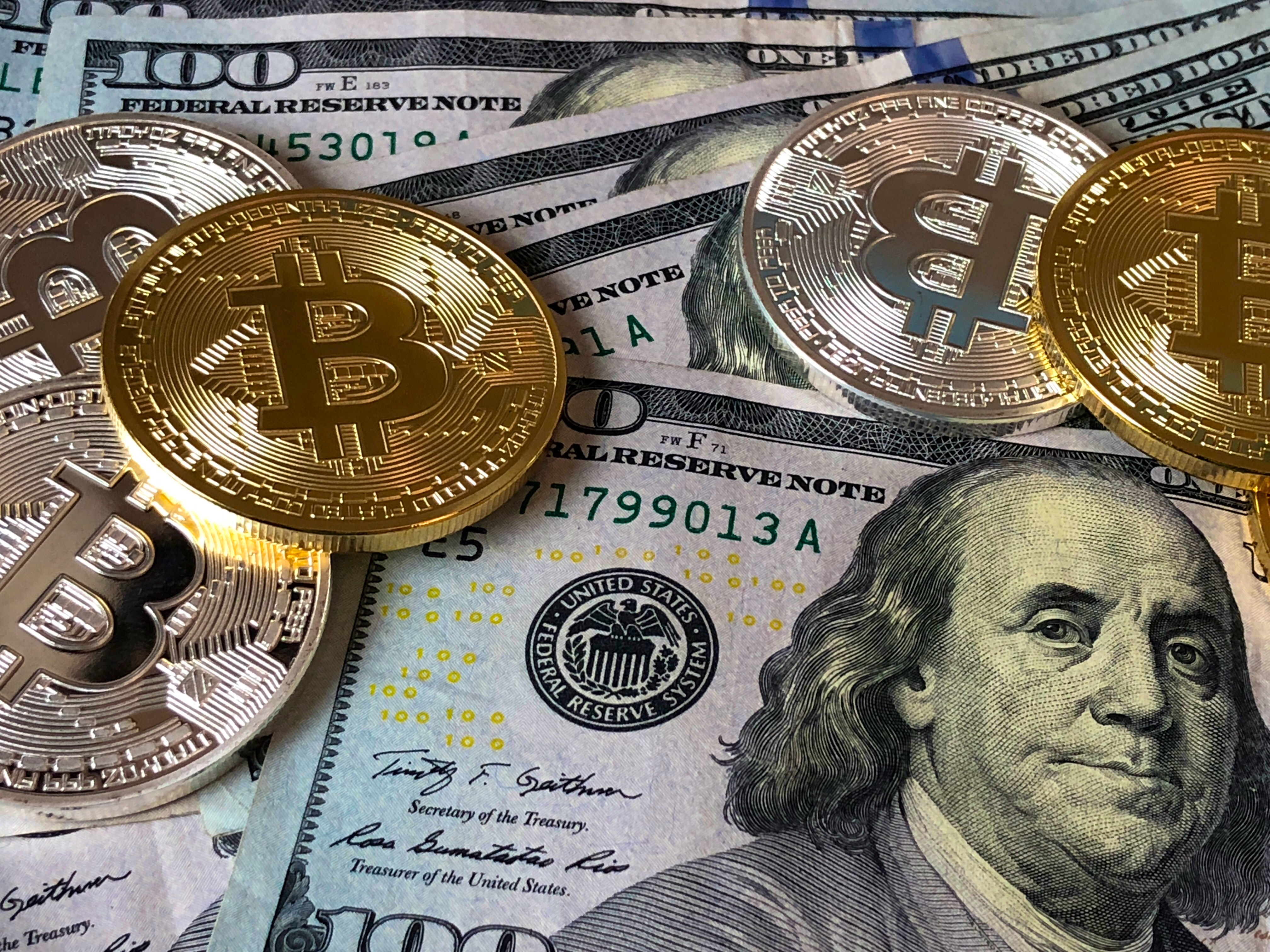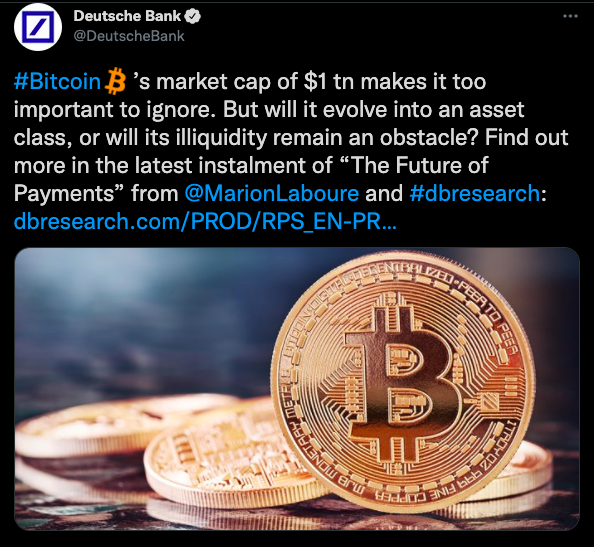
Germany to be Europe's future leader in crypto-assets?
The crypto-assets take place to be faster and more reliable than ever. With the latest developments in blockchain and crypto-currency, Germany has gained a solid understanding of digital currencies and assets.
What bet is Germany making in the decentralised finance (DeFi) and centralised finance (CeFi) market?
Since 2019, German policy has included a long-term strategy for blockchain and digital securities (see the German government's blockchain strategy file | Source: Bundesministerium der Finanzen) . Aiming to make his country a powerhouse. This strategy is based on the principles of stimulating innovation, fair competition and environmental concerns. Germany is becoming a model for global collaboration and deepening the digital single market in Europe..
Law in April 2021 for crypto-currency fund investment
The fund localisation law allows managers of institutional investment funds (Spezialfonds) to invest up to 20% of their portfolio in crypto-currencies.
A big step to accept digital currencies. BaFin (the German financial supervisory authority) now allows Coinbase, one of the world's largest crypto-currency trading platforms, to operate in the country and many related activities are zero-rated (mutual exchange, exchange with fiat currencies, mining).
This regulatory provision is welcomed by the crypto community. It comes at a time when institutional investors are becoming increasingly interested in crypto-asset related topics. Germany's position on financial investment is strengthened and gives digital currencies greater legitimacy in the country.

June 2021, decree to introduce electronic bonds
On 16 December 2020, German Chancellor Angela Merkel's cabinet passed new legislation on financial securities (elektronisches Wertpapiergesetz - eWpG). In the past, securities had to exist in the form of paper certificates and transactions had to be carried out with paper registers. Thanks to the law, financial securities move directly from paper to digital securities.
Finance Minister Olaf Scholz said, "The paper certificate may be dear to some for nostalgic reasons, but the future belongs to its electronic version." He also added that "electronic securities will be more cost-effective and will lead to more streamlined processes."
It should also be noted that using the blockchain allows the financial system to move away from paper-based formats to reduce costs and procedures for an efficient transfer process. Access to registers is now open to all, leading to the creation of digital products in the insurance or real estate sectors, for example.
On 10 June 2021, Germany published a decree implementing the Electronic Securities Act (eWpG) approved in December 2020. The decree mainly concerns debt securities and allows the issuance of electronic securities using a distributed ledger, the so-called crypto securities ledger.
This law (eWpG) introduces a new category of "electronic securities" equivalent to traditional securities issued by means of a physical share certificate. The physical certificate is replaced by an entry in an electronic securities register.
Electronic securities are divided into central register securities and crypto securities. A central register security is defined as "an electronic security that is registered in a central register", while a cryptographic security is defined as "an electronic security that is registered in a cryptographic securities register".
When electronic securities are issued using the crypto-securities registry, the issuer appoints the entity as registry operator. This entity is subject to the obligation to obtain a licence for financial markets, issued by the BaFin. The law also clearly defines electronic securities as "property" under German property law; existing civil law applies. The rules applicable to tangible objects will apply to intangible property.
The European Union is acting to promote the use and development of these digital assets. However, some countries still have a negative, even repressive, attitude towards crypto-currencies.
Europe's largest economy is keen to innovate. Germany is showing many signs of interest in the market. Deutsche Bank said in a tweet on 19 March that bitcoin is now "too important to ignore".
